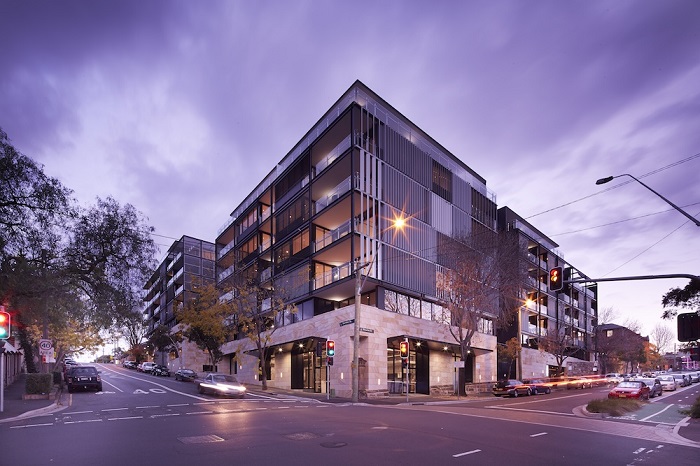Gentrification: What does it mean for your next property investment?

Gentrification was a term coined in the 1950s to describe organic population shifts witnessed in London’s inner neighbourhoods. It involves a process whereby higher income investors displace lower income residents of a neighbourhood or suburb, ultimately changing the character and physical appearance of the area.
It’s important not to confuse gentrification with urban renewal; a process of clearing and rebuilding or renovating properties in urban slums. Although both have a positive effect on investment properties, gentrification results from a shift in cultural trends and public opinions of an area (as opposed to the physical changes only) providing more powerful, long term benefits for the area.
What to look for in a gentrified area.
If we look at Sydney, we can see a rich history of gentrification within the past 20 years – for example in Balmain and Kings Cross. These areas were once rife with high crime, low economic status, high unemployment rates and dilapidated housing. Now, they represent two of the most sought out suburbs in Sydney for renters, investors and homebuyers for their appealing and luxurious lifestyle, convenient CBD location, and of course, priceless harbour views. Both of these areas experienced the displacement of the original residents (due to increase of demand, and therefore price), ultimately introducing a new, more affluent demographic to the area; a hallmark of gentrification.
Gentrification does not discriminate based solely on location. Leichhardt is a prime example of where culture was the key factor in its dynamic social shift that helped shape and influence the suburb. Italians originally migrated to Leichhardt in the 1920s, with cultural entrenchment rapidly increasing after WWII through the introduction of restaurants, cafes and local businesses. The modern day example of this cultural gentrification is Harris Park. Harris Park is the epicentre of the Indian community within Australia. It has become well known for its authentic cuisine offering and grocery stores. For an investor, it would be wise to look at this community and analyse the ongoing potential as the Indian population within Australia continues to grow.
Good or bad? Or both?
As with most major societal transformations, gentrification has its pros and cons – attracting both critics and enthusiasts. On one hand, gentrification paves the way for regeneration which in turn increases property prices and overall value. But the flip side of this usually means the original character can be lost; milk bars turn into cafes and local pubs turn into cocktail bars. Now, not all of this is bad if this suits your tastes or lifestyle. But for those who have resided in the area for a long period of time, it’s not uncommon to become emotionally attached to the area’s original character.
What does this mean for property investors?
When an investor is searching for a new property, affordability and potential capital growth are two factors which are considered. Investing in an area that could be gentrified can deliver on both of these items, but the trick is finding these hot spots at the right time. The key to taking advantage of these areas is to look to past trends to predict the future. For instance, we know that higher crime suburbs, if in a good location, may eventually be gentrified. Blacktown is a recent example of this, whereby positive change in the area is seeing investor curiosity and interest rise. Dulwich Hill is an area where the close CBD proximity and untapped social roots has seen businesses and investors take an active interest in the suburb.
Researching local government initiatives, community intentions, location and access to existing or future infrastructure will reveal the area’s potential for gentrification. It’s important to remember to analyse cultural shifts or behaviour in the area (or surrounding areas), so as to not mistake this shift for urban renewal – which still has the investor’s interests at heart, but can be more limiting in terms of long term capital growth.
To seek advice from a knowledgeable property expert about your next property investment, contact CPS Property today.







